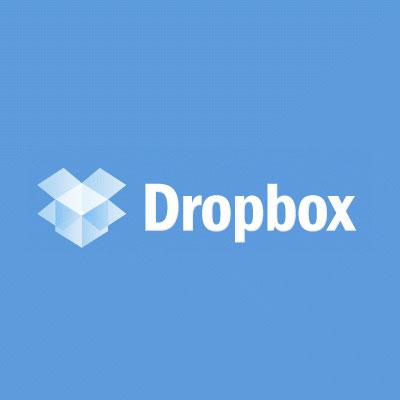Dropbox rejected nine-figure buyout offer from Apple in 2009
The details come from a new look at Dropbox from Forbes, which declares the company "tech's hottest startup." Founder Drew Houston gained the attention of Jobs after he modified Apple's file system to have his startup logo appear on Mac OS X.
So in December of 2009, Jobs, Houston and his partner Arash Ferdowsi met for a meeting in Jobs's office at Apple's Cupertino, Calif., headquarters. Houston said he was ecstatic, as he considers Jobs his hero.
Houston reportedly attempted to show a demo of Dropbox to Jobs from his laptop, but the Apple co-founder stopped him by saying, "I know what you do."
Jobs then began his own sales pitch, viewing Dropbox as a strategic asset for Apple. But Houston told Jobs he wouldn't sell his company, despite what was said to be a nine-figure offer from Apple.
The Apple chief then reportedly told Houston that Apple would enter their market, and said he considered what Dropbox has to offer a feature, not a product.
"Courteously, Jobs spent the next half hour waxing over tea about his return to Apple, and why not to trust investors," author Victoria Barret wrote.
After the meeting, Jobs again asked to meet with the Dropbox executives at their San Francisco office, but Houston declined, afraid of giving away any company secrets, and suggested they instead meet in Silicon Valley. Dropbox apparently did not hear from Jobs again.
Jobs, of course, went on to announce Apple's iCloud service at this year's Worldwide Developers Conference. iCloud went live to the general public last week, allowing users to automatically sync data like contacts, calendars, pictures and documents across a range of devices.
Apple's approach with iCloud is somewhat different from Dropbox, as Apple gives users 5 gigabytes of storage for free, but it is largely designed for iOS devices like the iPhone and iPad, which lack a traditional user-accessible file structure. Dropbox, on the other hand, automatically syncs files and folders for users on a range of devices, including the iPhone, but gives users more flexibility on what files to sync, and also how to share them with others.
 Slash Lane
Slash Lane














 Amber Neely
Amber Neely
 Thomas Sibilly
Thomas Sibilly
 AppleInsider Staff
AppleInsider Staff
 William Gallagher
William Gallagher
 Malcolm Owen
Malcolm Owen
 Christine McKee
Christine McKee










123 Comments
idiots
icloud just has to be popular enough to steal enough customers to tank the business. and icloud will improve every year.
this year is just the core features for most people. expect apple to add more free features every year
i am disappointed with iCloud. great idea, but half baked to work only for cetain people.
I can't believe they refused. How stupid of them.
i am disappointed with iCloud. great idea, but half baked to work only for cetain people.
Patience. Even when you release a great product, you often want to reserve tough product feature improvements for later. It is difficult enough to come out with a large new product without making it overly complex on day one.
OS X didn't come out full force with everything at once or it likely would have been considered too difficult and thus a failure at that early stage.
Likely the right decision for them. It is a good business model, but competition is growing. All comes down to the value of the brand.